Move
He hono tangata e kore e motu; ka pa he taura waka e motu
Unlike a canoe rope, a human bond cannot be severed
Move is Jolt’s teaching and leadership training programme, structured across three different classes: Move Beginner Tutor Training, Move Connect, and Move Outreach.
All trainees learn to plan and teach classes, and to create bespoke dance activities. They gain practical experience teaching weekly community classes for people with a wide range of disabilities; from mild learning and sensory to profound and complex, and have opportunities to teach in mainstream communities.
Move Beginner Tutor Training is a full-day, two-year programme that gives trainees the opportunity to grow their teaching practice. Key skills include: giving instructions, observation and response, one-on-one engagement, adapting activities, and lesson planning.
Move Connect Led by Move trained teachers, Move Connect is a half-day class focussed on developing trainees’ skills to both engage one-on-one, and to lead whole group activities - predominantly through practicums.
Move Outreach combines a half-day training with a half-day of leading workshops for the education sector, encouraging rangatahi to think differently about disability and to develop a more nuanced view of difference.
Move trainees are employed to teach in 10 different weekly Jolt classes, including as leaders in 4 classes, and in all Jolt workshops and residencies.
Move is generously supported by the IHC Foundation, Hugo Charitable Trust, Maurice Carter Charitable Trust and Blogg Charitable Trust.
Ihi Research conducted an evaluation to better understand the impact of the Move programme, from the perspectives of various stakeholders involved.
Importantly, the Move programme enables self-determination through leadership in dance. It is a form of emancipatory and ethical leadership concerned with social justice and the rights of people with intellectual disability. The programme achieves all the outcomes of the New Zealand Disability Strategy(2016-2026), is consistent with the principles of Te Tiriti o Waitangi, and the aims of the Convention on the Rights of Persons with Disabilities. The programme is also culturally responsive and inclusive, as evidenced by the members of the Pasifika community. This research demonstrates that the Move programme is modelling change in the disability sector by challenging assumptions about leadership, dis/ ability and capability development.
Excerpt from the Executive Summary (pg.2)


